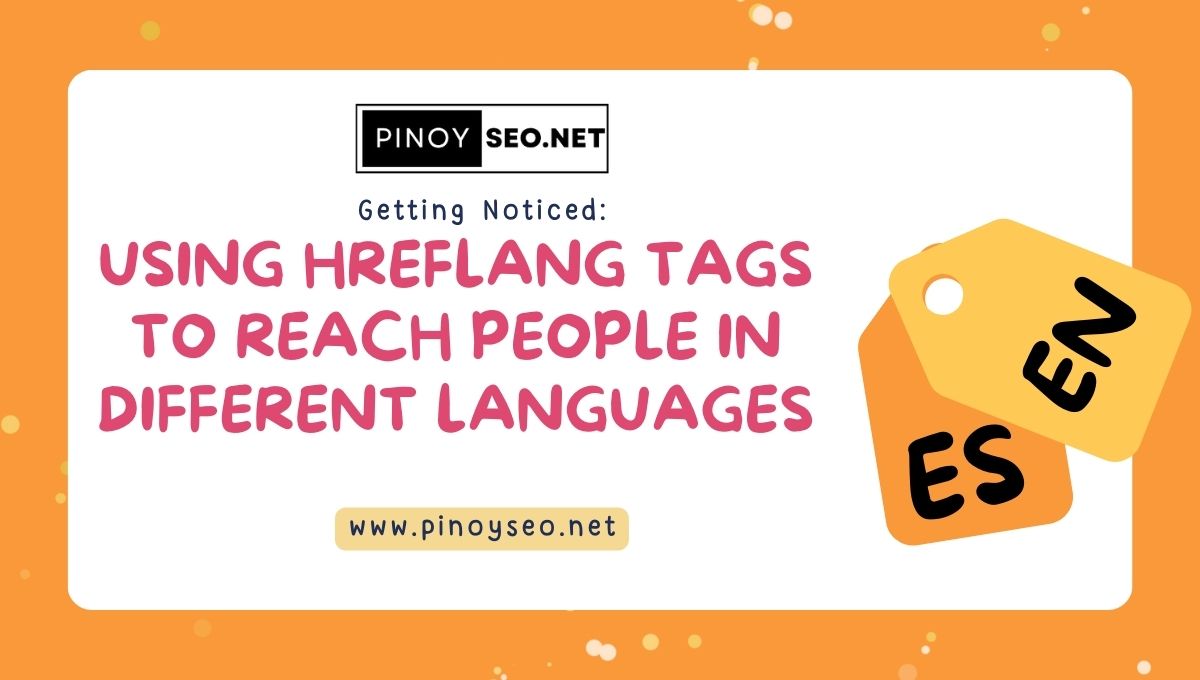Search engines aim to provide users with the most relevant and trustworthy results. To achieve this, they rely on complex algorithms that assess various factors. Black Hat SEO, however, attempts to manipulate these algorithms for short-term gains. Identifying these practices is crucial for maintaining a healthy online presence.
1. Keyword Stuffing: When Too Much is Too Bad
Keyword stuffing involves overloading content with keywords in an attempt to manipulate rankings. This results in unnatural, unreadable content that offers little value to users. Search engines penalize such practices, so be wary of excessive keyword usage.
2. Hidden Text and Links: The Invisible Threat
Hiding text or links by making them the same color as the background or using tiny fonts is a classic Black Hat technique. This aims to deceive search engines while keeping content invisible to users. Vigilance is key to spotting this malicious tactic.
3. Cloaking: Deceptive Content Delivery
Cloaking is a technique where different content is shown to search engines and users. This misleading practice aims to rank for specific keywords without providing relevant content. Recognizing cloaked pages is crucial for maintaining transparency.
4. Doorway Pages: A Gateway to Trouble
Doorway pages are low-quality pages created solely for search engine ranking. They often redirect users to a different page, providing a poor user experience. Identifying these pages can prevent your website from falling into the Black Hat trap.
5. Low-Quality Content: A Red Flag for Search Engines
Content quality is a cornerstone of effective SEO. Black Hat practitioners often generate poor, duplicate, or spun content to trick search engines. Regularly auditing content for relevance and originality is vital for a healthy online presence.
6. Unnatural Link Building: The Shortcut to Penalty
Artificially inflating link profiles through paid or spammy link schemes is a Black Hat practice. Search engines like Google heavily penalize such tactics. Conducting regular link audits can help maintain a clean backlink profile.
7. Automated Queries: Playing with Fire
Automated queries, also known as rank-checking software, can overload servers and violate search engine terms of service. Responsible usage of such tools is essential to avoid penalties.
8. Duplicate Content: The Copycat Conundrum
Using identical content across multiple pages or websites is a Black Hat practice that can lead to ranking issues. Conducting regular checks for duplicate content ensures your website remains in good standing.
Choosing the Right Path
Staying vigilant and informed about Black Hat SEO techniques is crucial for safeguarding your website’s integrity. By adhering to ethical SEO practices, you ensure sustainable growth and success in the ever-evolving digital landscape. Remember, the best way to win in the long run is by playing fair.
Remember, the best way to win in the long run is by playing fair. Always prioritize quality content, user experience, and ethical optimization techniques for a successful and sustainable online presence.


